One of my favorite things about traveling is to be in places that later become focal points for international headlines. I was in Tahrir Square in Cairo months before the Egyptian Revolution, drinking coffee in the Argana Cafe in Djemaa el-Fna square in Marrakech, Morocco that was the target of a bomb attack mere weeks after my visit, and in Independence Square in Kiev, the staging grounds for the 2009 Orange Revolution and back in the headlines this week. This week, Budapest’s Keleti Railway Station is the focal point of a vexing refugee crisis in Europe. Filled with asylum-seekers, mostly from Syria and Afghanistan, westbound trains to Austria and Germany have been halted and mass arrests have been made, as European leaders grapple with balancing compassion with rule of law.
I was in Budapest in February 2011 on a trip with work colleagues and slipped away one morning to take a train to Bratislava (wanting to check Slovakia off my country list). Keleti Station is architecturally stunning, but in a seedy area of town and filled with seedy people. I was asked if I was looking to purchase drugs by one man and another wanted to exchange money with me.
I purchased my ticket to Bratislava at the counter for about 24EUR r/t and had to wait only about 15 minutes for my train. Onboard, the train was in a state of disrepair and appeared to be an old German train based upon the signage. This is the train that so many thousands are trying to board today–
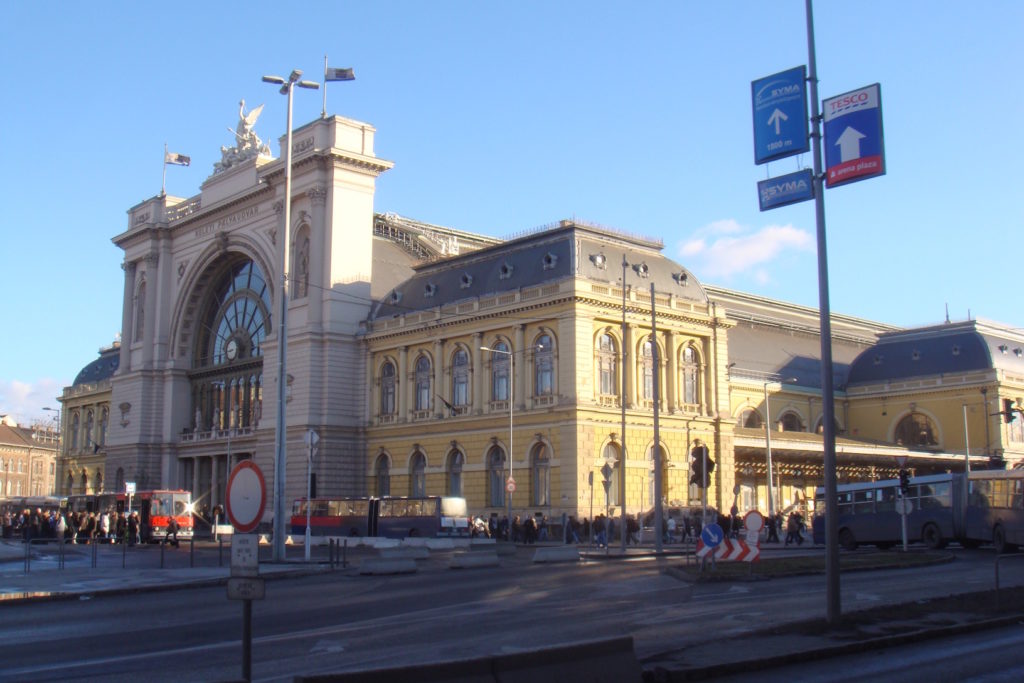
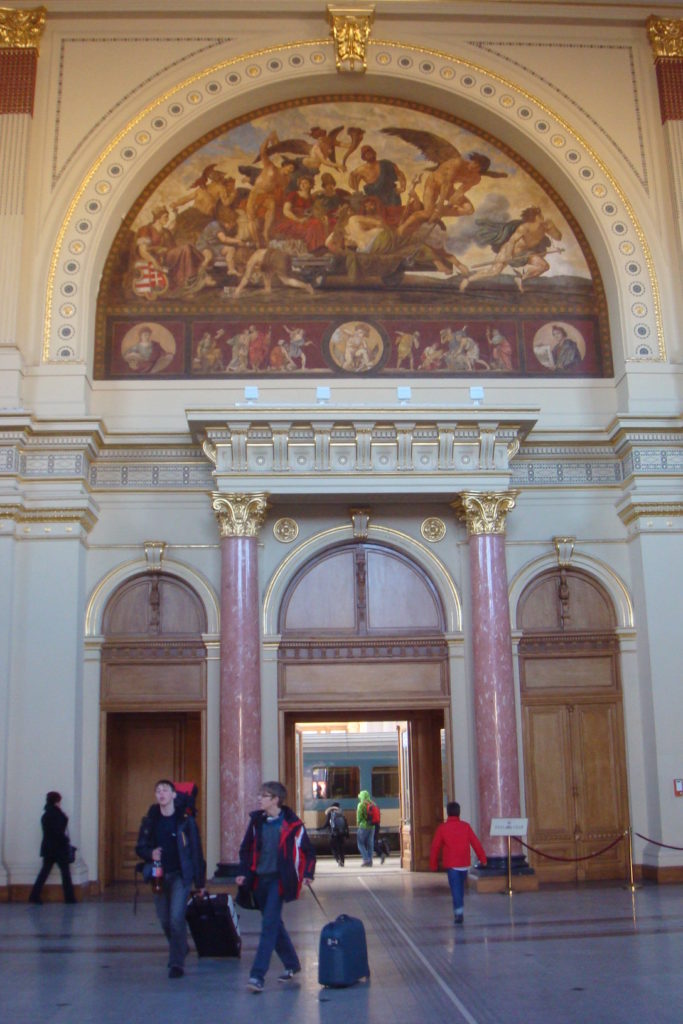
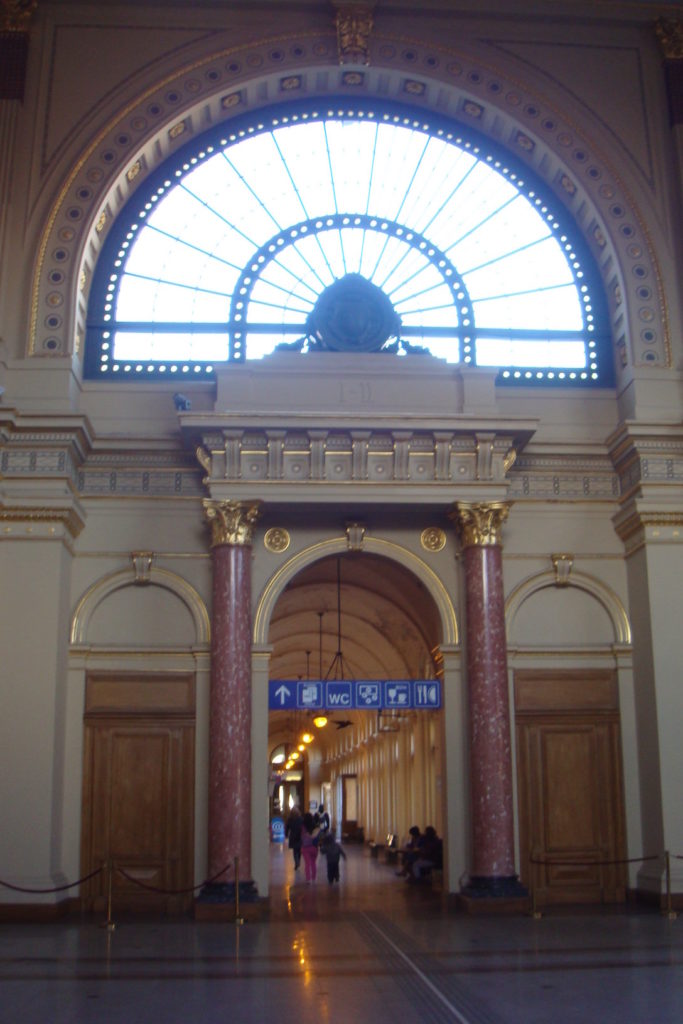
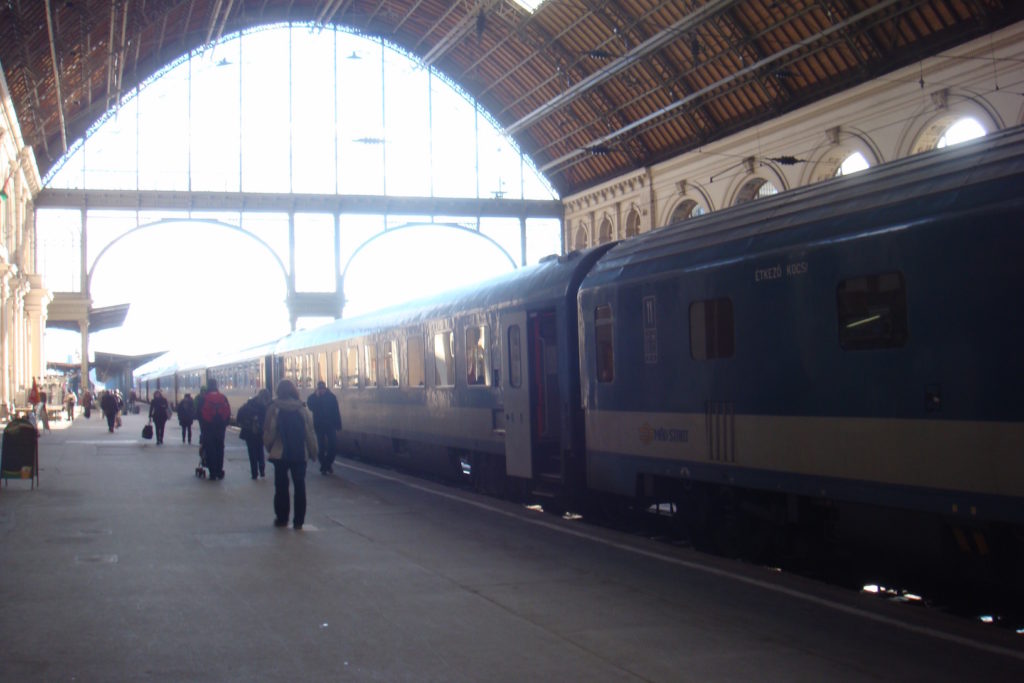
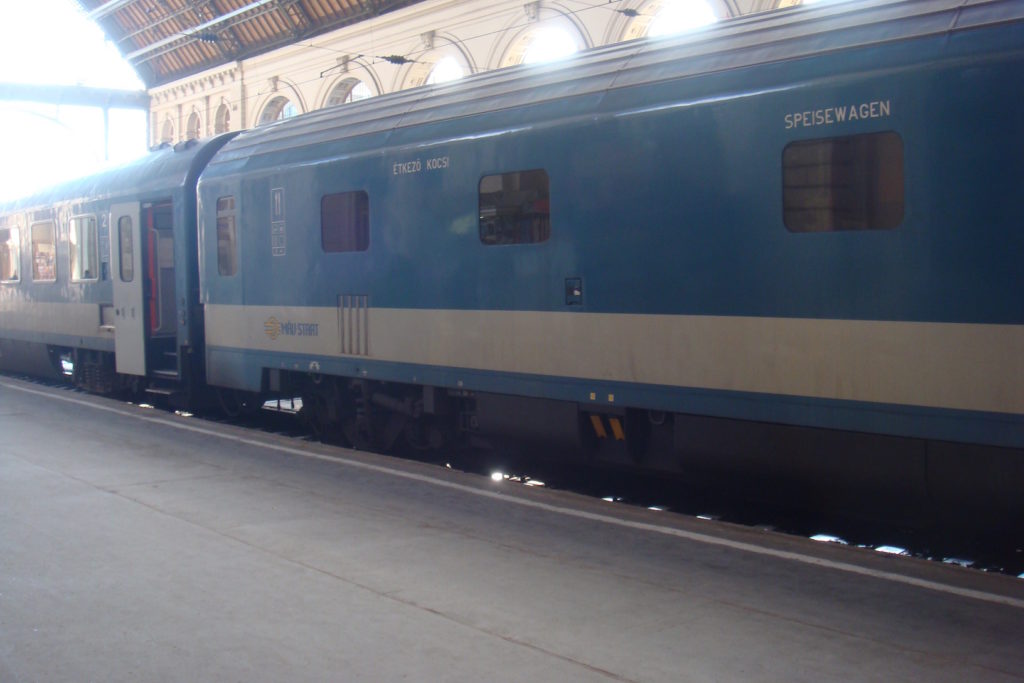
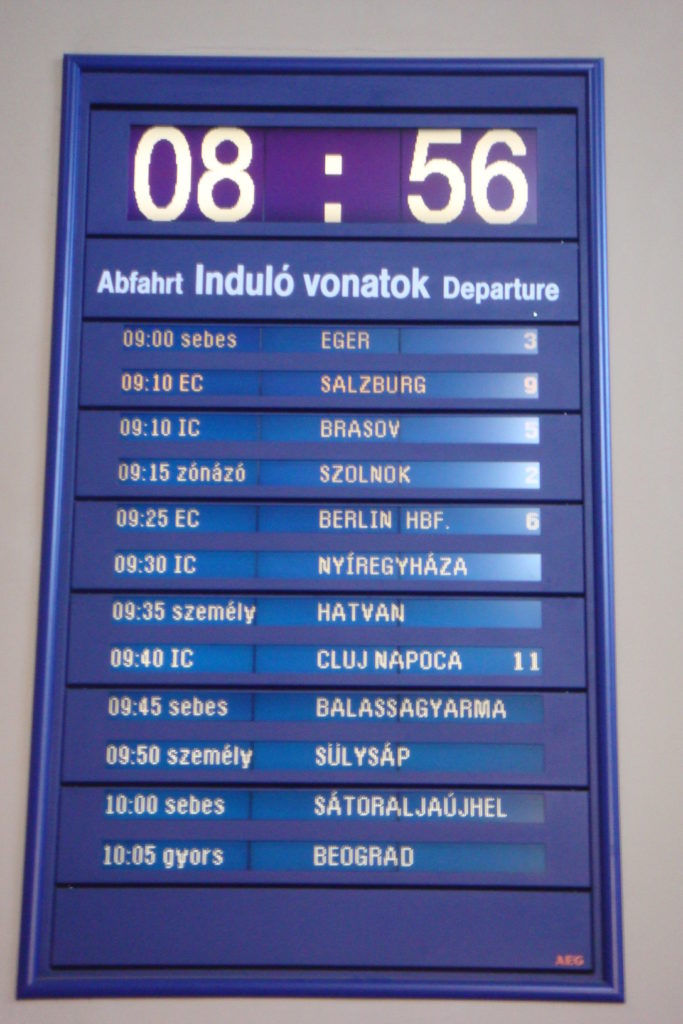
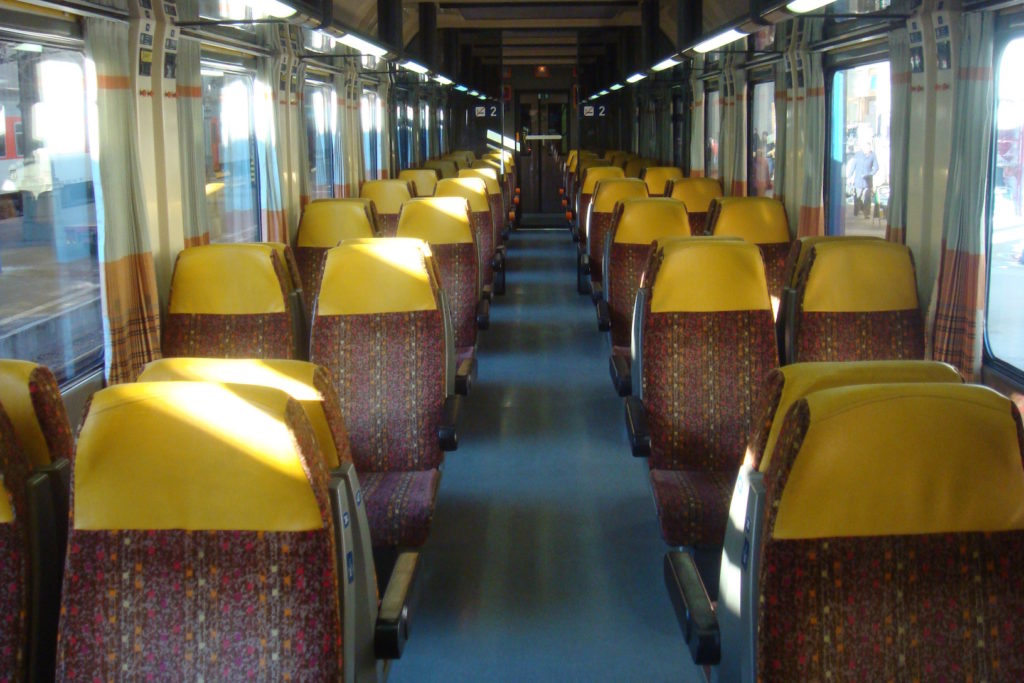
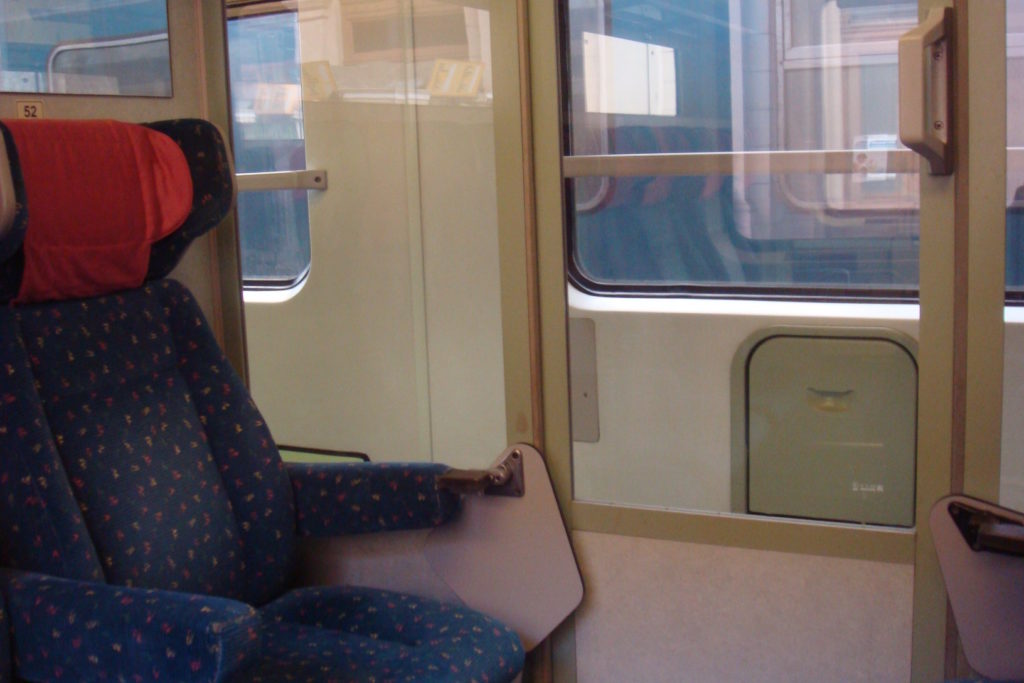
It is sobering to consider this issue, to read yesterday that after blocking the station for a few days, refugees were allowed to board a train that they thought would take them to the green pastures of Germany but instead took them to a refugee camp. It is startling to see the tent city, a refugee camp of its own, that has sprung up around the station, and perhaps most difficult is the question of where these immigrants will go, especially as Hungarian authorities are becoming impatient and resorting to force as unrest grows.
This is why I travel — it may not give me much more perspective on the issue, but to have stood in the station and seen that metaphorical (and perhaps literal) departure board to freedom and boarded the train that so many are unable to board today does evoke feeling of empathy and sadness. No matter where you stand on immigration, it is impossible not to feel the burden of those who have escaped death and suffering only to find a new form of pain and frustration as they seek a new home.


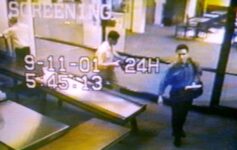

And now the migrants are trying to make it to Austria by foot:
http://www.dailymail.co.uk/news/article-3222045/Hungary-s-PM-says-influx-Muslim-migrants-leave-Europeans-minority-continent-threaten-Christian-roots-duped-travelling-refugee-camp-continue-protest.html